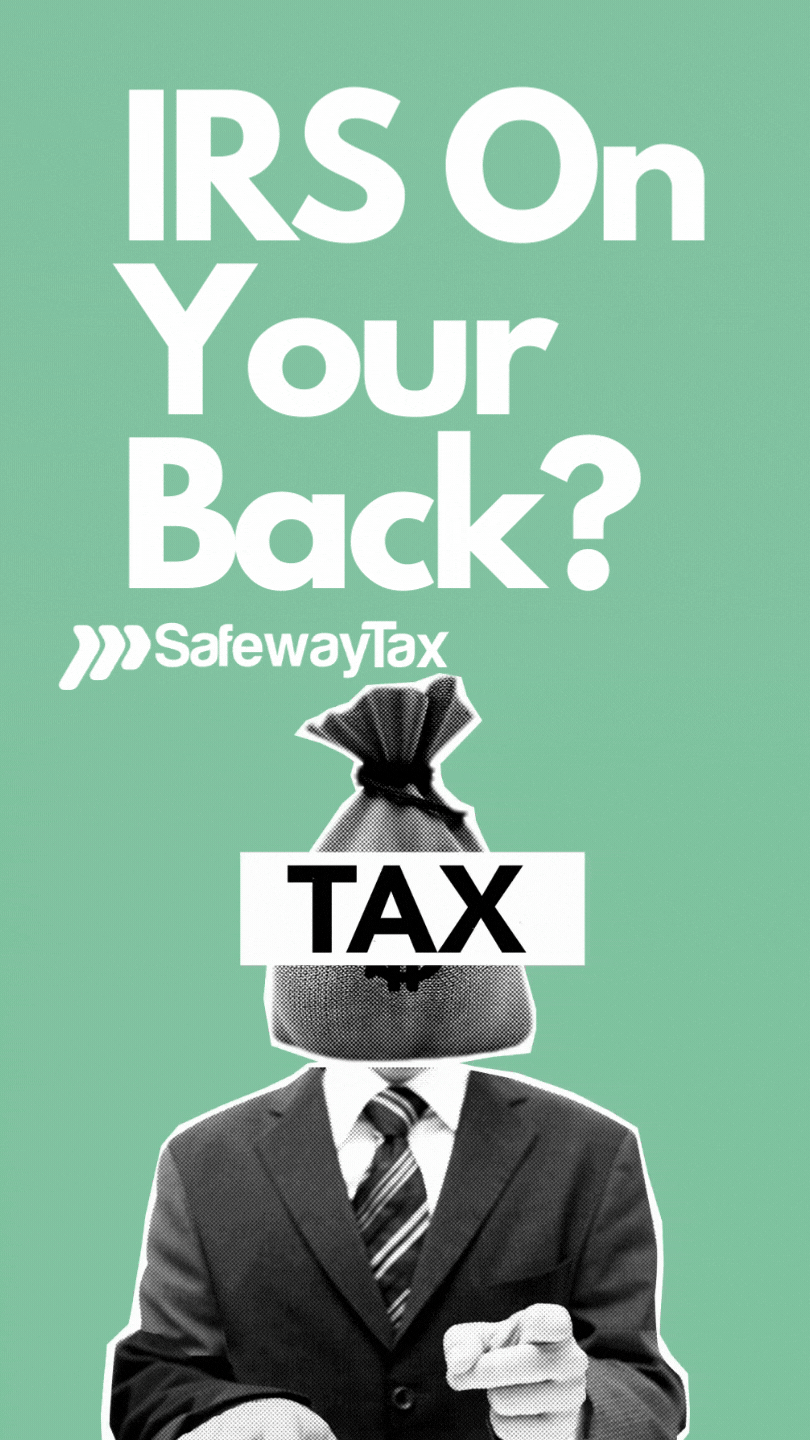Filing your taxes is one of the most serious obligations you have as a country citizen. Since everyone has to go through the tax filing process every year, the process gets even more difficult if someone moves to another state. In the United States, all fifty states have their laws and regulations regarding state-imposed taxes.
If you are someone who is planning to move to another state and are worried about how you should file your taxes once you move there, you have arrived at the right place where you can find all the answers to your queries. In this article, we will discuss how you file your taxes after moving to a new state.
How Does Moving Out of State Affect Your Tax Filing
Since all states can enact their laws within the United States, moving to a new state can significantly impact your taxe rates. You must always submit your tax returns where you currently reside; therefore, if you live in two different states over a year, you might have to offer multiple tax returns.
However, it is essential to keep in mind that moving to a different state does not affect your federal tax filing. The federal tax incurred by the taxpayer will always remain the same, no matter what state you live in within the permits of the United States.
Where Do I File My Tax Returns if I Have Moved to a Different State?
In general, you must file your tax return in the state where you have lived during that specific year. Therefore, in cases where someone has lived in multiple states in a year, the taxpayer might have to file the tax return in both the states.
It is imperative to remember that the Supreme Court of the United States ruled in 2015 (Comptroller of the Treasury of Maryland Vs. Wynne) that two states are not allowed to tax the same income. The ruling bodes well for anyone who recently moved out of a state.
Because of the ruling by the SCOTUS, you are no longer subjected to double taxation on your earnings by multiple states. But remember that you will still have to file the tax returns in the states you have lived in and pay your due taxes on the proportion of the total income you have earned in that state.
Do I Need to Change My Address with the IRS Once I Move?
The Internal Revenue System (IRS) will automatically register your new address once you file your federal tax return after moving to a new state. But in the case you are in between the tax filing process, it might be wiser for you to preemptively let the IRS know by filing an IRS address change. It allows you to be sure that you will not miss any important documents that the agency will send you.
For instance, many Americans all over the United States received a healthy sum of stimulus checks in 2020 and 2021. For taxpayers who do not have any direct deposit account set up, the IRS sends these checks to the taxpayers’ addresses on the existing record. As a result, if you did not update your address on the IRS, you might not have received your check.
Also, it is essential to complete a USPS change of address while updating your address with the IRS and have your mail forwarded from your previous address to the existing one to avoid future troubles.
Factors You Should Watch Out For Taxes After Moving to Another State
There are factors one should consider when it comes to tax filing after moving to a different state. Here is a discussion on each of the factors that you should take into account when it comes to filing your taxes.
The States That Are in Play
State laws vary a lot; therefore, you must be aware of how differently the states that concern you have their tax laws in place. For example, there are conservative states such as Texas and Alaska that have a net-zero state income tax. Utah is a state that allows its people to put aside a certain amount from retirement income, whereas a state like Louisiana does not levy any tax on pensions.
Check out residency rules after moving to a new state. There are instances where a state might require you to stay in that state for a certain amount of time before you are considered a full-year resident. As a result, if you rent out the home you used to live in your previous state, you will probably have to file that on your tax return forms and report the relevant expenses.
Your Relevant Income Sources
Once you move to a new state, the chances are that you will have to file part-year residency tax returns in both the old and the new state. The tax returns will broadly vary related to in which state you earned your income.
After calculating your taxes, the net due will be decreased depending on your income in that particular state, contrary to your total income. Some states might require you to divide your total revenue between the states before determining your owed tax.
As the article has discussed extensively, states can play the role of objective arbitrators regarding specific tax filing rules. Remember that things such as pensions and dividends are primarily reckoned to be earned from the state you are currently living in.
State Income Reciprocity Agreement Between the States
There are times when two states have a reciprocity accord between them. State Income Tax Reciprocity is a special consensus between the states that comes into effect when someone lives in one state but earns their livelihood in another. In such cases, states tend to waive the income earned by non-residents from a nearby state.
Conclusion
Each of the fifty states within the United States has its state tax laws and government regulations in place. It is crucial that before you move to a new state, you are aware of how the area you are moving into handles all the relevant taxes on its residents.
In this article, you have got to know in detail about the issues you should be wary of when it comes to tax filing after moving out of a state. Hope this article has proven to be useful to you and thanks for stopping by.





